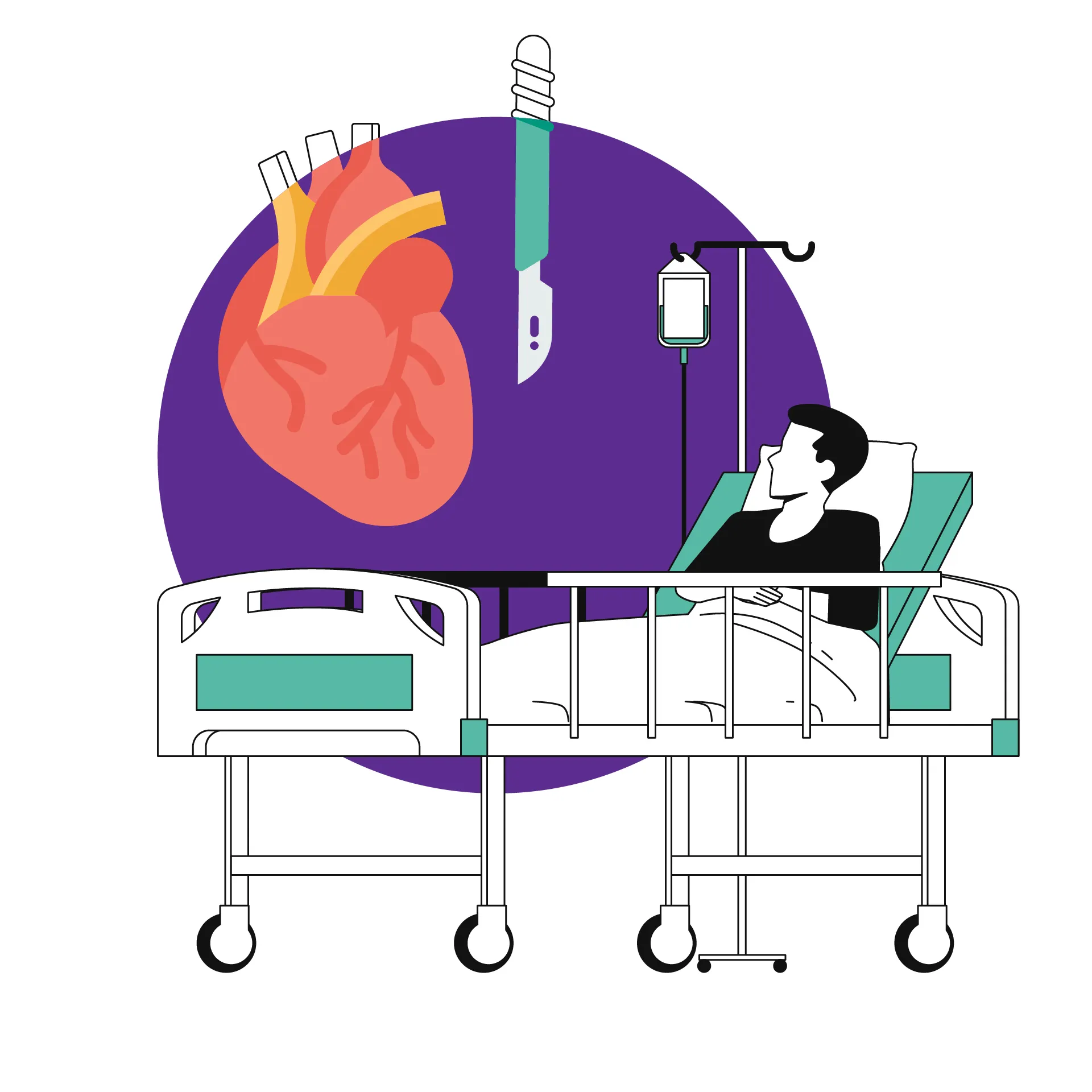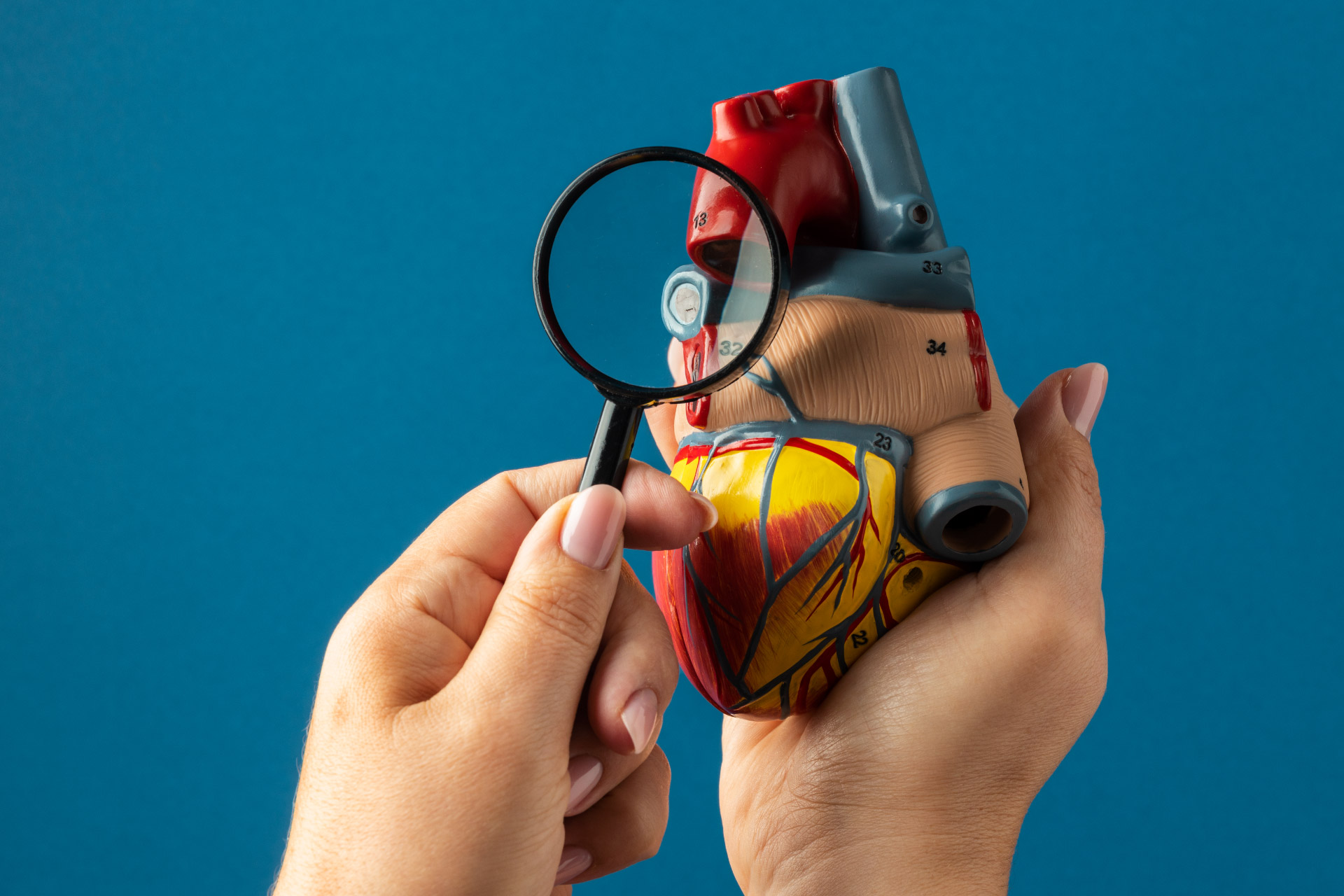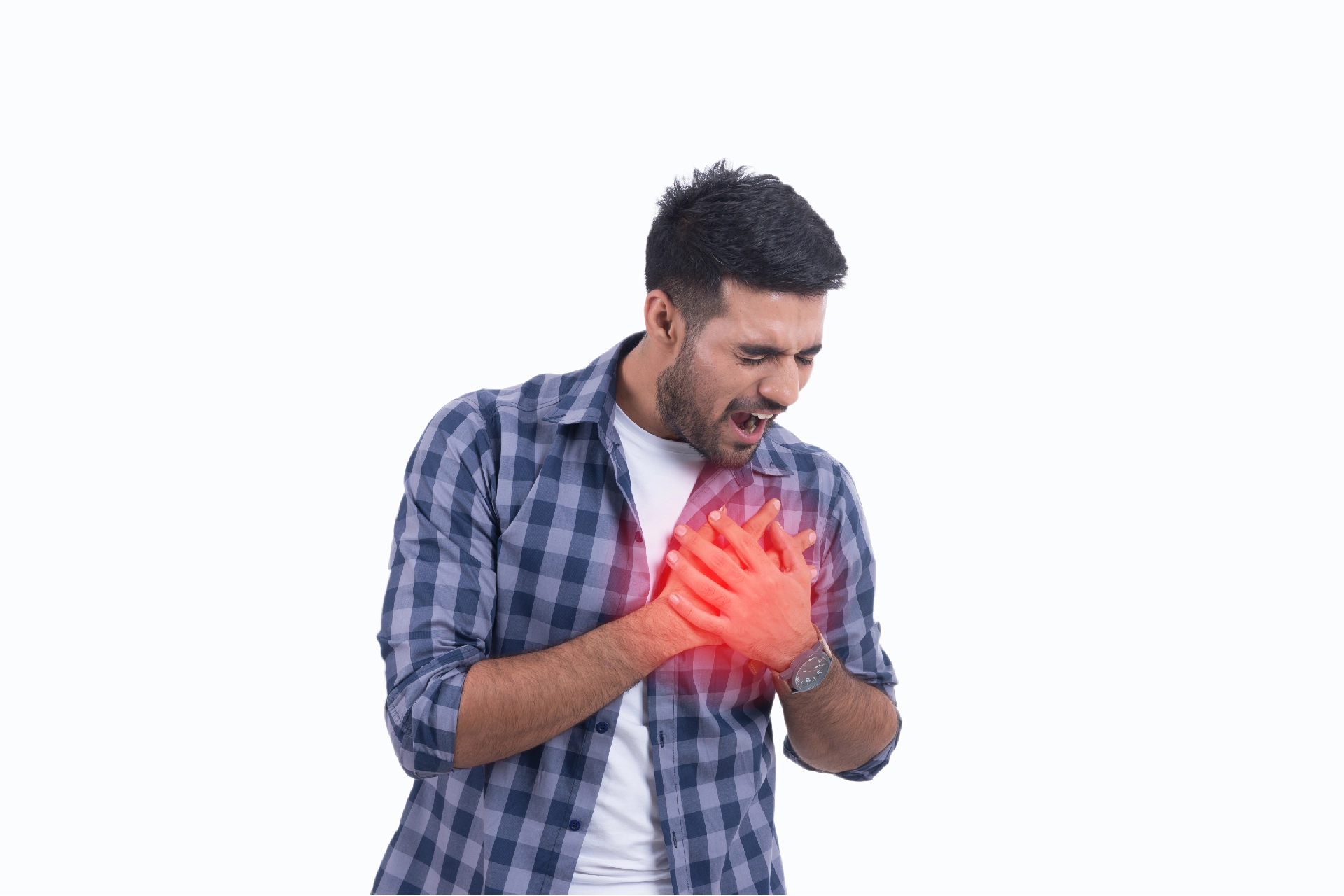Heart Health | 4 min read
Replacement of Valve in Heart: 4 Valve Replacement Surgeries
Medically reviewed by
Table of Content
Key Takeaways
- As an open-heart surgery, valve replacement is highly successful
- A cardiac surgeon performs the operation to restore heart health
- <a href="https://www.bajajfinservhealth.in/articles/how-to-handle-fatigue-theres-more-to-it-than-tiredness">Fatigue</a> and chest pain are symptoms of a valvular heart disease
Heart valves are of four types – aortic valve, mitral valve, tricuspid valve, and pulmonary valve [1]. Their function is to help blood circulate inside your heart in the proper direction. A valvular heart disease occurs when any of your heart valves is damaged or does not work properly [2]. In such cases, doctors may prescribe replacement of valve in heart for which you have to undergo a valve replacement surgery. In a heart valve surgery or valve replacement surgery, a cardiac surgeon replaces the damaged heart valves. This includes surgical procedures such as minimally invasive heart surgery or open-heart surgery.
There can be several causes of valvular heart disease. As a matter of fact, rheumatic heart disease is the most common valvular heart disease in the world [3]. These conditions are treated with heart valve surgery. Regarded as a common open-heart surgery, valve replacement is done in top hospitals around India. Read on to know about the different types of valve replacement surgery.
Additional Read: Congenital Heart Disease
Why is a replacement of valve in heart needed?
A heart valve surgery is done to treat two types of heart valve problems – stenosis and regurgitation. Stenosis is the narrowing of the valve while regurgitation is the leak in a valve that results in blood flowing backwards. The heart valves allow nutrient-rich blood to flow through the heart chambers. The surgery is performed by a cardiac surgeon to replace damaged valves of the heart. The valves used for replacement are of two types – mechanical and biological valves. If you have valvular heart disease, you may have certain symptoms. These include:
- Fatigue
- Cyanosis
- Fluid retention
- Shortness of breath
- Chest pain
- Lightheadedness
- Dizziness
What are the types of valve replacement surgery?
Aortic valve replacement
The aortic valve is an outflow valve situated on the left side of your heart. It allows blood to move away from the left ventricle, the main pumping chamber of the heart. It also closes to ensure blood doesn’t leak back into the ventricle. An aortic valve repair or replacement surgery is done in case of stenosis or regurgitation caused by congenital disease or defect. A study reported that after 15 years of aortic valve replacement, 74.9% patient survive [4]. However, the rate of survival depends on factors like your age, heart function, overall health, and medical conditions.
Mitral valve replacement
Like the aortic valve, the mitral valve is also situated on the left side of your heart. However, it is an inflow valve that allows the flow of blood to the left ventricle from the left atrium. If the mitral valve does not function properly, doctors may advise a surgery. The damage may be caused due to an infection or a degenerative illness. During the mitral valve replacement surgery, the valve may be replaced with a metal or biological valve. The survival rate for this surgery depends on your age, health, and medical history.

Double valve replacement
Under double valve replacement, a cardiac surgeon replaces both aortic and mitral valves. Here, the whole left side of your heart undergoes a surgery. Heart specialists recommend this if both aortic and mitral valves are damaged or not functioning properly. These surgeries are not common. Also, the rate of mortality is much higher than other types of valve replacement surgery.
Pulmonary valve replacement
Your pulmonary valve facilitates the flow of blood from your heart to your lungs through the pulmonary artery. A pulmonary valve replacement is mostly done because of stenosis. It is a condition that restricts the flow of blood and is caused due to infections, carcinoid syndrome, or congenital defects.
Additional Read: Heart Murmurs: What are the Causes, SymptomsThere are possible risks of valve replacement surgery including bleeding, infection, blood clots, breathing problem, and even death. So, take good care of your heart health and consult with your doctor to decide a course of treatment. Also, watch out for blockages in your cardiac arteries for which doctors may recommend heart bypass surgery. For best medical advices, find nearby doctors on Bajaj Finserv Health and book doctor consultation or in-clinic appointment. This way, you can avail the right treatment guidance from the best heart specialists.
References
- https://www.hopkinsmedicine.org/health/conditions-and-diseases/heart-valve-diseases
- https://www.cdc.gov/heartdisease/valvular_disease.htm#:~:text=valvular%20heart%20disease%3F-,Valvular%20heart%20disease%20is%20when%20any%20valve%20in%20the%20heart,four%20valves%20(Figure%201).
- https://www.nature.com/articles/s41569-021-00570-z, https://www.jacc.org/doi/10.1016/S0735-1097%2899%2900584-7?articleid=1126285
Disclaimer
Please note that this article is solely meant for informational purposes and Bajaj Finserv Health Limited (“BFHL”) does not shoulder any responsibility of the views/advice/information expressed/given by the writer/reviewer/originator. This article should not be considered as a substitute for any medical advice, diagnosis or treatment. Always consult with your trusted physician/qualified healthcare professional to evaluate your medical condition. The above article has been reviewed by a qualified doctor and BFHL is not responsible for any damages for any information or services provided by any third party.





